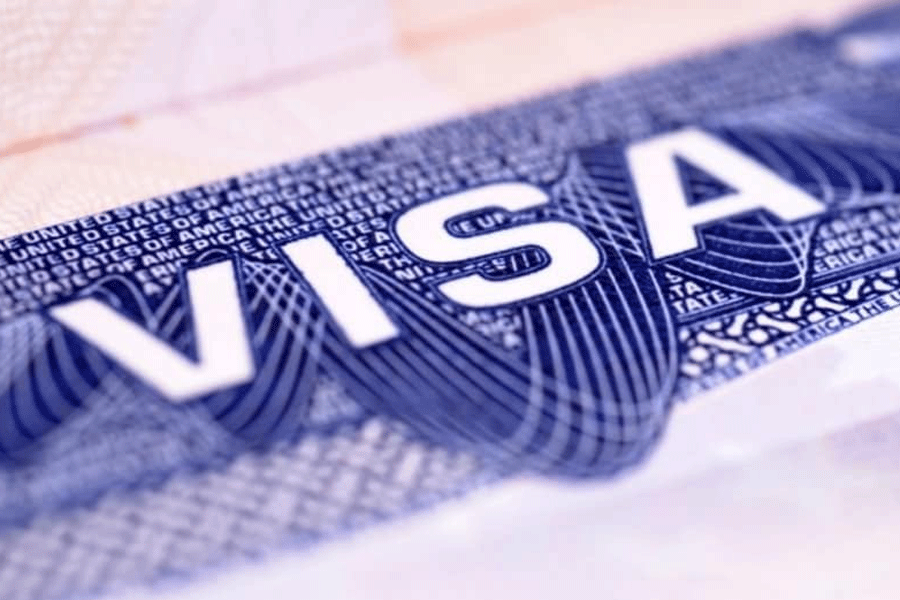The Canadian government's decision to allow 10,000 H-1B visa holders in the US to come and work in the country, which is expected to benefit Indian professionals, has received an overwhelming response with the scheme meeting its target within the first day.
The H-1B visa is a non-immigrant visa that allows US companies to employ foreign workers in speciality occupations that require theoretical or technical expertise. Technology companies depend on it to hire tens of thousands of employees each year from countries like India and China.
The new work permit for H-1B visa holders officially opened for applications on July 16.
The Immigration, Refugees, and Citizenship Canada (IRCC) now says applicants no longer apply for the scheme as it has been closed.
"We reached the cap of 10,000 applications for this initiative on July 17, 2023," the IRCC said on its website The message on the IRCC applicant portal also says the same thing.
“The temporary public policy for H-1B visa holders is now closed. The intake cap of 10,000 primary applicants was reached and no additional applications are being accepted," the portal said.
Canada last month announced the scheme, hoping to become a world leader in a variety of emerging technologies and it hopes to attract professionals affected by massive layoffs by US tech giants.
The programme will also provide for study or work permits for their family members.
“We’re enthusiastic about the ambitious goals we have set in immigration because they aren’t just about numbers—they are strategic. With Canada’s first-ever immigration Tech Talent Strategy, we’re targeting newcomers that can help enshrine Canada as a world leader in a variety of emerging technologies," Canada, immigration, refugees and citizenship minister Sean Fraser last month while announcing the scheme.
Approved applicants for the new programme will receive an open work permit of up to three years in duration, which means they will be able to work for almost any employer anywhere in Canada. Their spouses and dependants will also be eligible to apply for a temporary resident visa, with a work or study permit, as needed, the release said.
Tech companies went on a hiring binge during the pandemic but have since started laying people off in large numbers. That's left a lot of H-1B visa holders scrambling to find new jobs before they're forced to leave the US, the Canadian Broadcasting Corporation reported.
Thousands of highly skilled foreign-born workers, including Indians, in the US, have lost their jobs due to the series of recent layoffs at companies like Google, Microsoft and Amazon. According to US media reports, nearly 200,000 IT workers have been laid off since November last year.
Industry insiders say that between 30 to 40 per cent of them are Indian IT professionals, a significant number of whom are on H-1B and L1 visas.
Every year, the US government issues 65,000 H-1B visas. The visas last for three years and can be renewed for another three years.
Of the H-1B petitions approved in FY 2022, 72.6 per cent were for beneficiaries whose country of birth was India, according to the US Citizenship and Immigration Services.
In the previous fiscal year, about 74.1 per cent of Indians received H-1B visas of the total approved in FY 2021.
Meanwhile, the Migration Policy Institute wrote in a commentary that Canada's new visa policy toward H-1Bs smartly exploits the weaknesses in the US system: offering work and study permits for spouses and other family members and the potential for a permanent future.
Canada's new policy is highly unusual in its explicit targeting of visa holders in another country. But the Tech Talent Strategy’s overall goals fit into a broader trend of countries positioning themselves to attract and retain talent with an eye to what their “competitors” are doing, the authors of the Washington-based think-tank wrote.
Except for the headline, this story has not been edited by The Telegraph Online staff and has been published from a syndicated feed.










